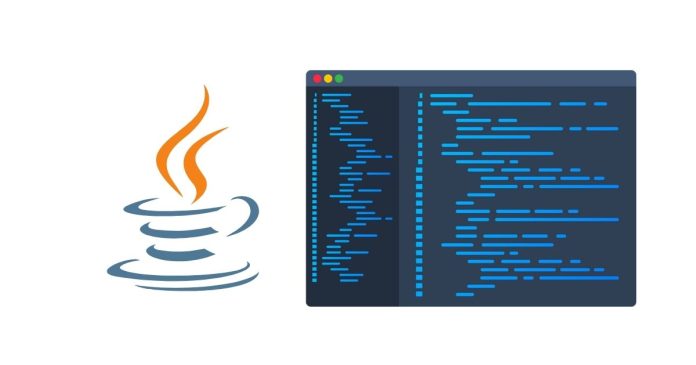Java programming, the term “Java macro” is not an official or widely recognized concept like “Java class” or “Java method.” However, there are a few contexts in which you might hear the term “macro” related to Java, and I’ll explain these possible meanings in detail:
1. Macros in Java (via Preprocessing):
Unlike languages such as C or C++, Java does not have native support for macros like those defined in C using #define preprocessor directives. In languages like C, macros are used to define constants, functions, or code snippets that can be replaced before compilation.
Java doesn’t support preprocessor macros directly because it is designed with simplicity and portability in mind. Java’s focus is on providing a clean, object-oriented programming model without relying on preprocessor directives, which can make the code harder to debug or understand.
However, in some special cases, Java developers might use external tools or libraries to simulate the behavior of macros.
Possible Solutions:
- Java Annotation Processors: Java provides annotations (e.g.,
@Override,@Entity, etc.), and developers can create annotation processors to perform certain tasks at compile time, such as generating code or modifying code structure. These processors may resemble macro-like behavior by injecting code at compile time based on annotations. - Code Generation Tools: Some developers use code generation frameworks like Lombok or Immutables, which allow you to generate code through annotations (again, this is not quite a macro, but serves a similar purpose).
2. Macros in the Context of IDEs:
In Integrated Development Environments (IDEs) like IntelliJ IDEA, Eclipse, or NetBeans, there are “macros” that refer to automated tasks or shortcuts to speed up your development process. These macros typically perform a sequence of actions such as:
- Code formatting
- Repetitive task automation (e.g., refactoring)
- Inserting predefined templates or boilerplate code
These macros, however, are specific to the IDE and are not a core feature of the Java language itself.
3. Java and Scripting with Macros:
In the context of Java scripting or automation frameworks (such as Apache Ant, Maven, or Gradle), you may encounter the term “macro” as part of configuration or build files. For example, a macro can be used to define reusable pieces of code in configuration files or build scripts. These macros are often used to simplify repetitive tasks or to parameterize values for dynamic builds.
4. Macros in JavaScript or Other JVM Languages:
Java itself doesn’t have macros, but other programming languages or platforms built on the JVM (like Scala, Kotlin, or even JavaScript through transpilers) may offer ways to define macros. These would be tools that help with code generation, abstraction, or automation in a manner similar to how C macros work.
5. Macros in Data Handling/Excel (Java-based Tools):
Some Java libraries or tools might allow integration with data-handling systems like Excel, where macros could refer to automation scripts or processes written in Java that automate tasks like data manipulation, formatting, etc.
Key Points:
- Java does not have native support for macros like C/C++.
- Tools like annotations, IDE macros, or code-generation libraries may provide functionality that mimics the effects of macros.
- Macros in Java are mostly about automating repetitive tasks or generating code rather than direct preprocessor-style substitutions.
Conclusion:
In summary, while Java does not natively support the concept of macros like C or C++, there are various tools and techniques that serve similar purposes, such as code generation, annotation processors, or IDE-based macros. These are typically used for automation, code reuse, and simplifying repetitive tasks. If you’re looking for a specific implementation of macros in Java, you might want to explore libraries like Lombok or tools like Maven or Gradle that offer some macro-like capabilities in build automation.


